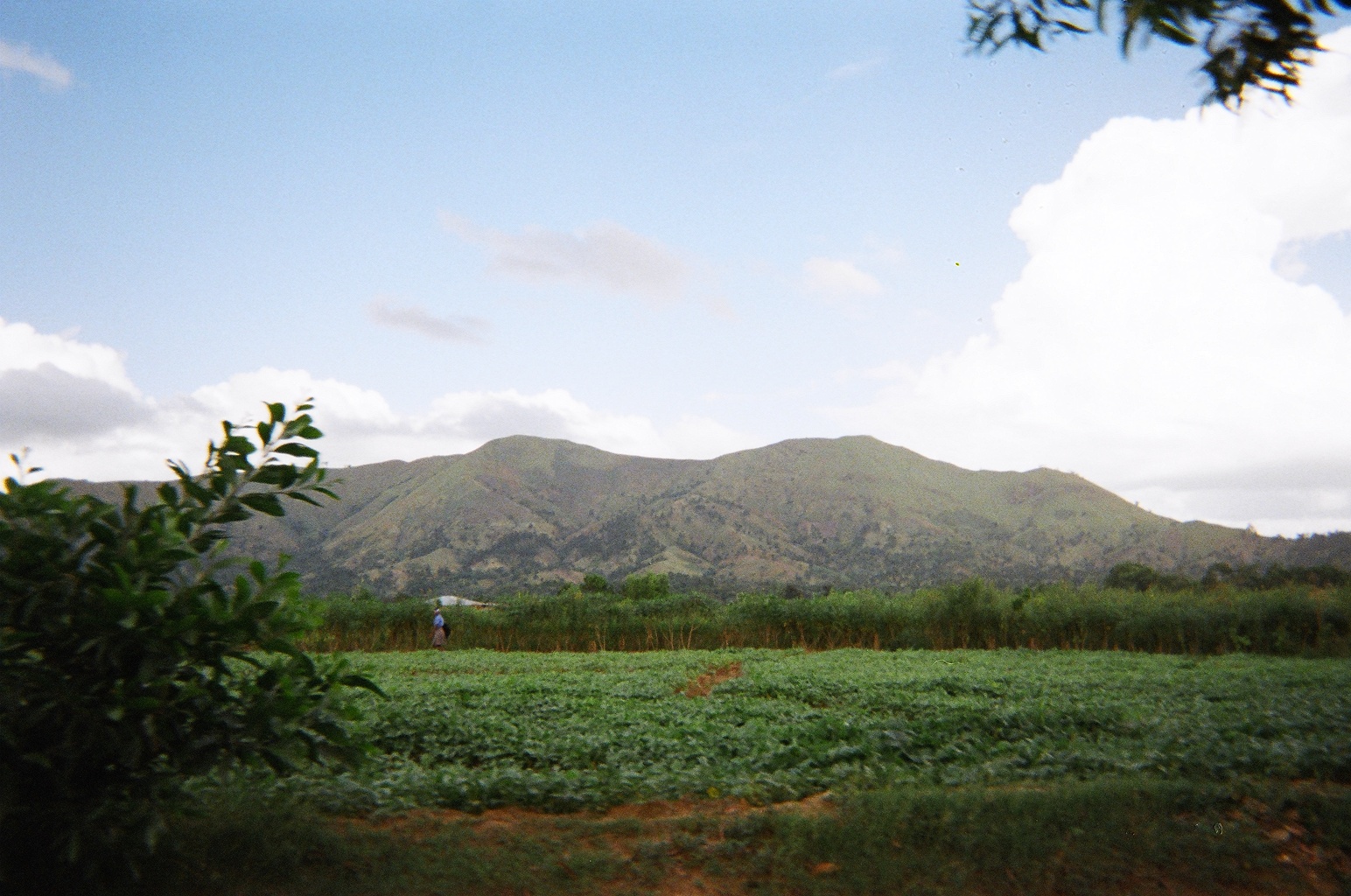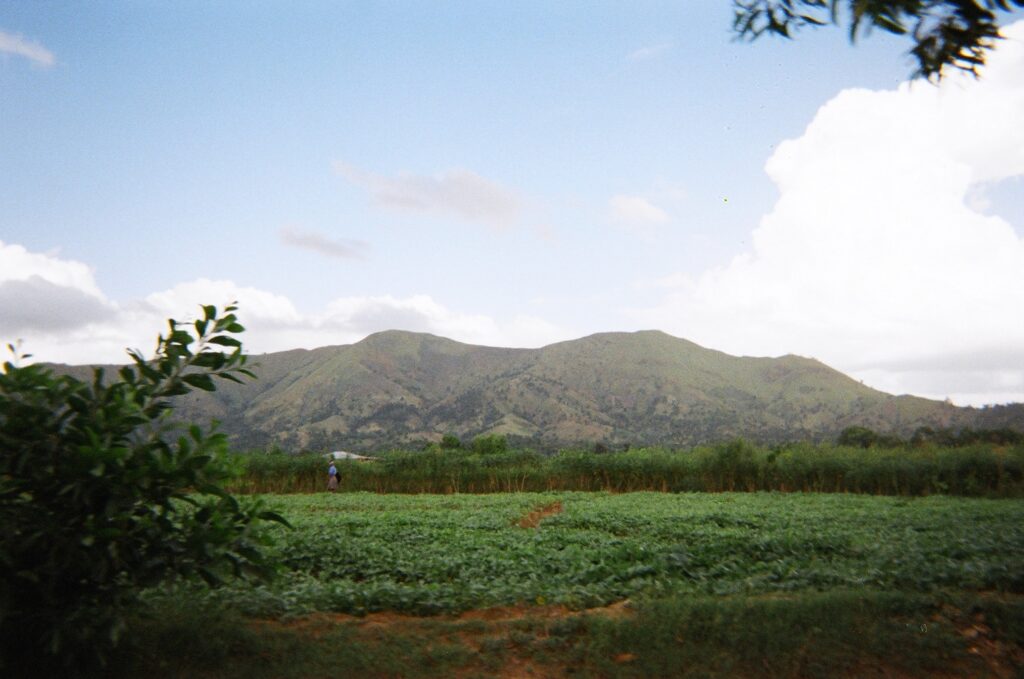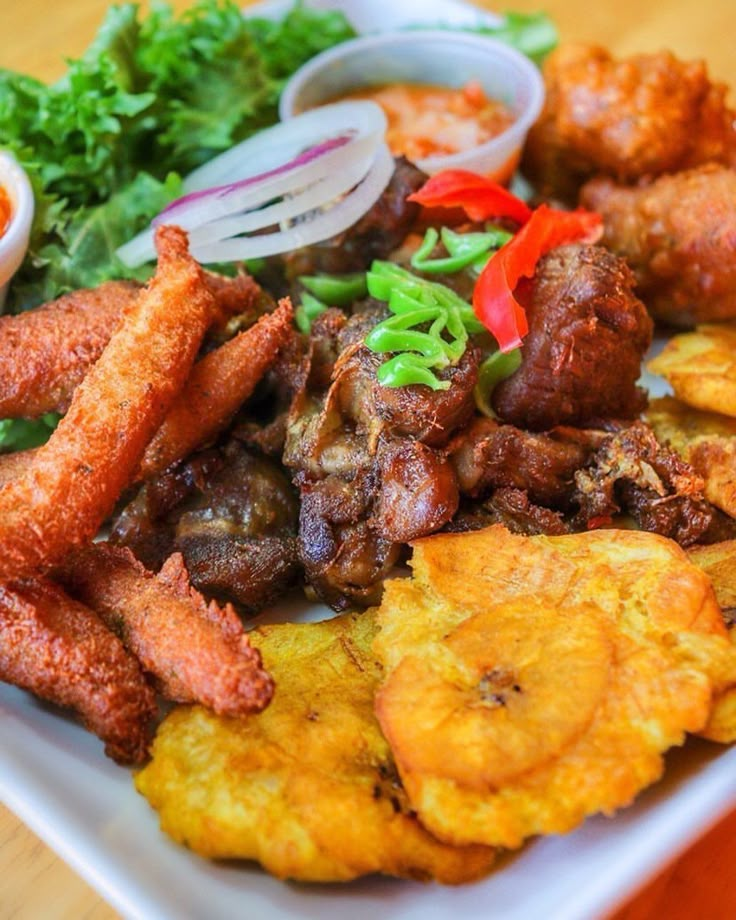

In the past few weeks, Chef Leene Excellence has taken it upon herself to showcase Haiti’s rich culinary heritage by cooking for the Guinness World Record for the longest continuous cooking session.
Her extraordinary achievement shines a global spotlight on Haiti’s vibrant flavors and traditions, further enhancing our country’s culinary reputation on the world stage.
Paradoxically, while our food is being celebrated abroad, back home, food insecurity is deepening at an alarming rate.

Image by Carlie Angelbe Pierre – Carice, Haiti, 2024
Gang violence has crippled nearly every sector of the economy, especially agriculture and labor (ReliefWeb).
Here’s how the crisis is impacting the nation’s food systems:
Despite the challenges, a few nonprofit organizations are on the ground working tirelessly to restore hope, strengthen food systems, and empower communities.
Grown in Haiti
Operating in Cap Rouge, in the South-East Department, Grown in Haiti began as a personal initiative to fight erosion and revive the environment—one plot at a time. Their guiding principles are rooted in:
Follow their journey on Instagram.
F.A.R.M Haiti
Located in Pignon, in the North Department, F.A.R.M Haiti was founded by Mary Harris, a fourth-generation farmer from Minnesota, who moved to Haiti in 2013 to preach the gospel.
Realizing the community’s urgent needs, she launched a reforestation and farmer training program. Since then, over 95,000 fruit and hardwood trees have been planted, and more than 500 farmers have been trained.
Their mission stands on Faith, Agriculture, Reforesting, Mentoring, and Training.
Matènwa Community Learning Center
Perched in the mountains of Lagonav, in the West Department, Matènwa has revolutionized education by rethinking through a holistic approach that integrates literacy, math, school and family gardens, children’s emotional well-being, and community development.
Their Creole Garden Project immerses students in hands-on learning, where they cultivate organic vegetable gardens and fruit tree nurseries.
Engaging in activities like tilling, planting, composting, and pest management, students develop critical thinking and investigative skills. The produce harvested supports a local women’s cooperative that provides nutritious school breakfasts, reinforcing community ties and food security.
Through the program’s success, local farmers are adopting small-scale organic gardening, especially after facing repeated crop failures due to drought.
These organizations are creating lasting impacts by addressing not just immediate food needs but building the foundations for a more sustainable, resilient future.
Planting a single tree has multiple benefits:
(Source: Canadian Foodgrains Bank and Grain of Hope)
As we celebrate Agriculture and Labor Day, I highly encourage you to consider donating to one of the NGOs listed above or explore opportunities to help through GlobalGiving.
Your donation, no matter how small, will have a profound impact on the lives of people in these communities and the environment surrounding them.
While we wait and hope for better days, let’s lend a helping hand that uplifts those who need it now.


